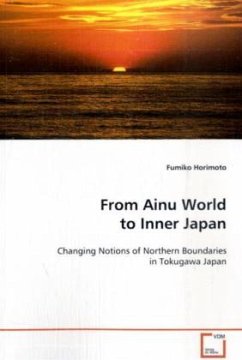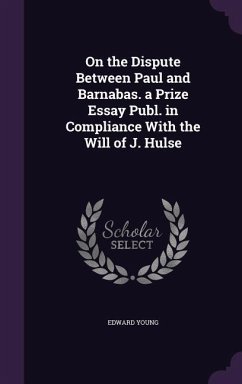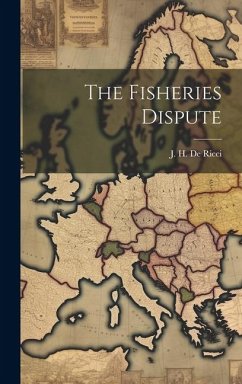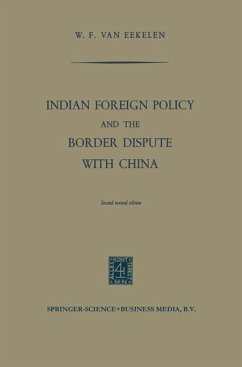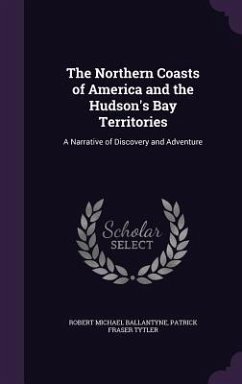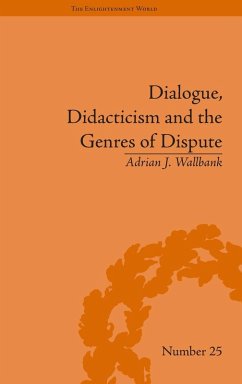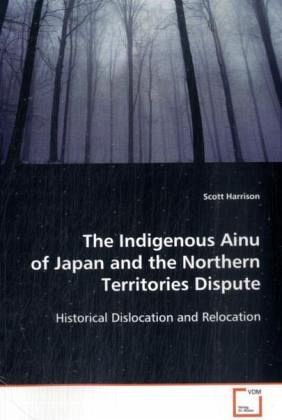
The Indigenous Ainu of Japan and the Northern Territories Dispute
Historical Dislocation and Relocation
Versandkostenfrei!
Versandfertig in 6-10 Tagen
45,99 €
inkl. MwSt.

PAYBACK Punkte
23 °P sammeln!
This book re-examines the territorial dispute betweenJapan and Russia, the so-called NorthernTerritories issue, by reinterpreting the role of theIndigenous Ainu of Japan. In studying Ainu historyand historiography, one finds that the long-standingemphasis on Wajin-based legitimacy of rule and theannexation of northern areas has been forgotten inwhat amounts to a historical amnesia concerning therole and status of the Ainu. Focusing on Ainu understandings of local,regional/national and international historical eventsunderscores the importance of de-nationalizinghistory by integrating the import...
This book re-examines the territorial dispute between
Japan and Russia, the so-called Northern
Territories issue, by reinterpreting the role of the
Indigenous Ainu of Japan. In studying Ainu history
and historiography, one finds that the long-standing
emphasis on Wajin-based legitimacy of rule and the
annexation of northern areas has been forgotten in
what amounts to a historical amnesia concerning the
role and status of the Ainu.
Focusing on Ainu understandings of local,
regional/national and international historical events
underscores the importance of de-nationalizing
history by integrating the important perspectives of
Indigeneity. The preponderance of nation-based
studies has seriously inhibited the analysis of
historical phenomena involving Indigenous peoples.
This study offers a new perspective on the history of
this important dispute and illustrates the importance
of incorporating Indigenous perspectives and
experience within traditional academic studies.
Highly original, this analysis will be essential
reading for students and scholars of History, Japan
Studies, Native Studies and International Relations.
Japan and Russia, the so-called Northern
Territories issue, by reinterpreting the role of the
Indigenous Ainu of Japan. In studying Ainu history
and historiography, one finds that the long-standing
emphasis on Wajin-based legitimacy of rule and the
annexation of northern areas has been forgotten in
what amounts to a historical amnesia concerning the
role and status of the Ainu.
Focusing on Ainu understandings of local,
regional/national and international historical events
underscores the importance of de-nationalizing
history by integrating the important perspectives of
Indigeneity. The preponderance of nation-based
studies has seriously inhibited the analysis of
historical phenomena involving Indigenous peoples.
This study offers a new perspective on the history of
this important dispute and illustrates the importance
of incorporating Indigenous perspectives and
experience within traditional academic studies.
Highly original, this analysis will be essential
reading for students and scholars of History, Japan
Studies, Native Studies and International Relations.



